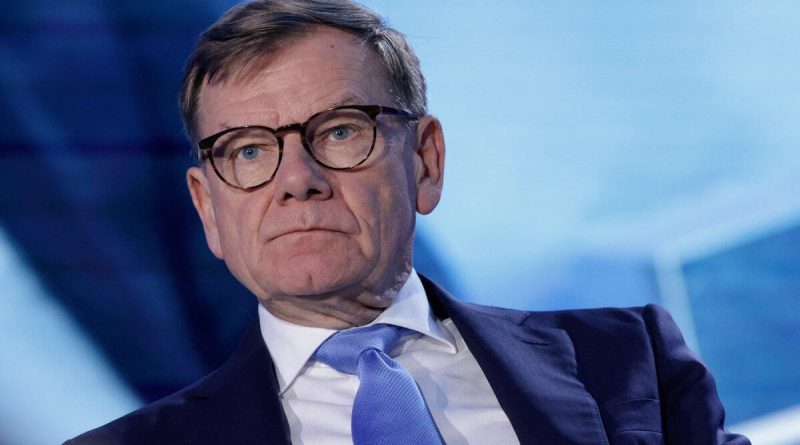Germany Strengthens Global Partnerships with Focus on India, NATO, and the EU
Germany’s Foreign Minister Johann Wadephul is set to engage with top global leaders in Brussels, emphasizing stronger cooperation with India, NATO, and the EU to boost trade, security, and shared prosperity.
Germany’s Foreign Minister Johann Wadephul is embarking on a key diplomatic mission to Brussels this week. The visit underlines Berlin’s growing commitment to deepen strategic ties with its international allies.
Wadephul’s meetings will include high-level discussions with NATO Secretary-General Mark Rutte and India’s Minister of Commerce and Industry, Piyush Goyal.The talks will focus on shared goals such as open trade, security, and sustainable economic growth.
The German foreign ministry confirmed that the minister will also meet European Commission President Ursula von der Leyen, EU Trade Commissioner Maroš Šefčovič, and EU foreign policy chief Kaja Kallas. Together, they are expected to explore ways to reinforce Europe’s resilience and global influence.
This visit comes at a defining time for Europe and its partners. Rather than focusing on challenges, Wadephul’s agenda reflects a forward-looking approach centered on collaboration and innovation.
Germany’s decision to strengthen its outreach in Brussels highlights its intent to solidify partnerships that drive stability and prosperity.
It also demonstrates the nation’s active role in shaping global trade and defense discussions.
One of the primary areas of focus will be support for Ukraine and the broader European security framework. Wadephul aims to coordinate with NATO and EU leaders to ensure a strong, unified approach to peace and defense readiness.
Trade is another key element of his mission.The German minister is expected to push for solutions that make supply chains more efficient and secure.
Topics like rare earth materials, semiconductor supplies, and advanced manufacturing will take center stage.These resources are vital for Europe’s transition to green energy and digital innovation.
By focusing on such strategic issues, Germany seeks to position itself as both a stabilizing force and an innovation leader.The aim is not just to react to global challenges but to proactively shape the future of international cooperation.
A particularly exciting aspect of this visit is Wadephul’s engagement with India’s Piyush Goyal.India and the European Union are in the final stages of negotiating a landmark free trade agreement.
The EU-India partnership is seen as one of the most promising collaborations of the decade.It combines Europe’s technological capabilities with India’s dynamic growth and market potential.
A successful trade pact could open new pathways for investment, technology exchange, and sustainable industry development.Both sides are working with optimism toward concluding the deal by the end of the year.
Germany views India as a pivotal partner in balancing global trade dynamics and ensuring supply chain diversity.The meeting between Wadephul and Goyal symbolizes a strong commitment to mutual growth and shared prosperity.
Within NATO and the EU, discussions will also touch upon defense cooperation and innovation in cybersecurity.Wadephul’s leadership reflects Germany’s belief that collective action remains the most effective path to long-term peace.
The trip also sends a positive signal about Europe’s readiness to cooperate across regions.By engaging deeply with partners like India, Germany reinforces the idea that diplomacy and dialogue remain powerful tools for global progress.
Observers note that Wadephul’s diplomatic strategy emphasizes inclusivity, transparency, and long-term stability.Rather than focusing solely on immediate political tensions, the visit aims to nurture relationships that will shape the global order for years to come.
In Brussels, Wadephul’s agenda demonstrates Germany’s evolving global role—one that prioritizes responsible leadership and sustainable partnerships.The country continues to advocate for fair trade, open markets, and shared innovation as pathways to peace and prosperity.
Through this visit, Berlin reinforces its position as a bridge between continents.By uniting with allies in Europe, Asia, and beyond, Germany seeks to build a more balanced and cooperative world economy.
Wadephul’s meetings with leaders like Rutte, Goyal, and von der Leyen mark a pivotal step toward a future driven by trust, mutual respect, and shared progress. As the world faces new challenges, Germany’s approach—rooted in dialogue and partnership—offers a model of diplomacy that is both positive and purposeful.



